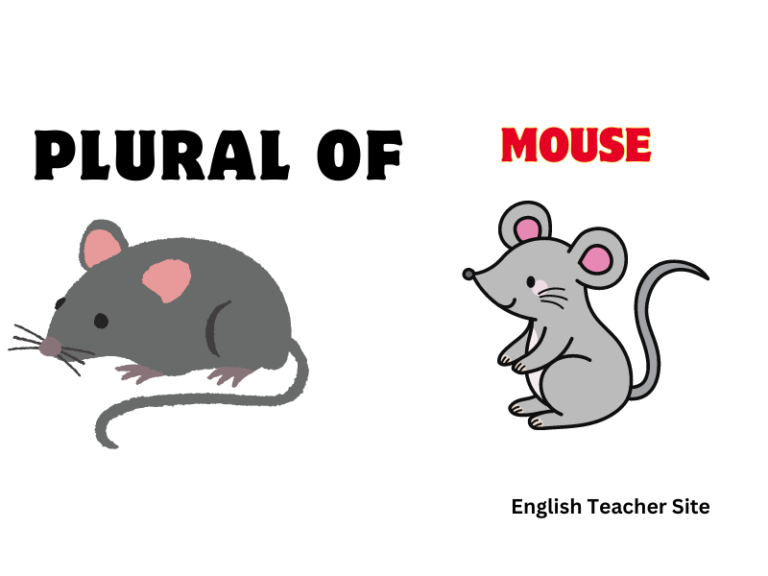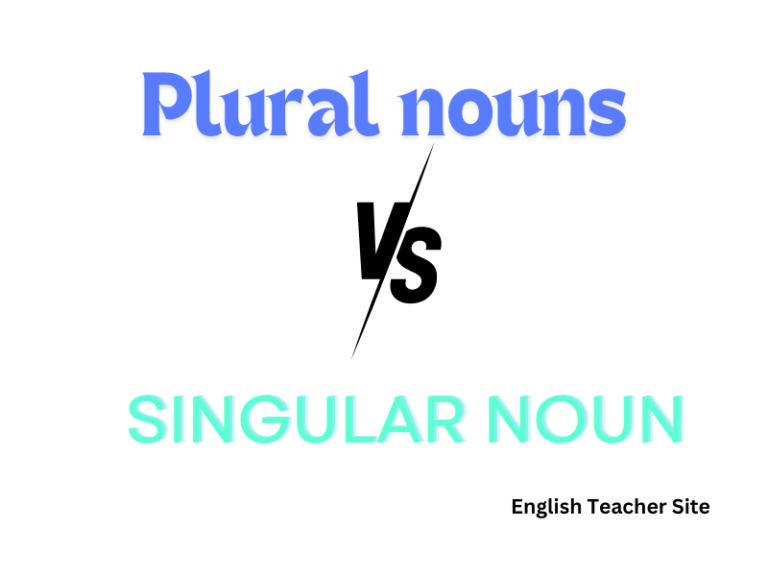Whats the Plural of Octopus: Understanding the Correct Usage
- The plural of “octopus” can be “octopuses,” “octopi,” or “octopodes,” reflecting various linguistic influences.
- “Octopuses” is the most widely accepted and commonly used plural form in modern English.
- Despite its Latin-sounding ending, “octopi” is not etymologically correct, as “octopus” originates from Greek.
In discussing the plural of “octopus,” three variations commonly emerge: “octopuses,” “octopi,” and “octopodes.” Each variant reflects a different linguistic influence and period of adoption into English. The term “octopuses” adheres to the standard English convention for creating plural nouns, while “octopi” suggests a Latin influence, despite the word’s Greek roots. “Octopodes,” the least common of the three, goes back to the word’s original Greek etymology. The adoption and usage of these forms have evolved, leading to a modern consensus among language experts and dictionaries.
What’s the Plural of “Octopus”?
| Plural Form | Origin |
|---|---|
| Octopuses | Greek |
| Octopi | Latin |
| Octopodes | Greek |
Octopuses is the most common pluralization used in English. It follows the standard rule of adding an “-es” to words that end in ‘us’. The debate on the plural form of ‘octopus’ often centers on the word’s origin. While octopi is widely cited, this form assumes “octopus” is Latin, when it, in fact, has Greek roots. Therefore, octopi may not be etymologically correct.
Here’s a breakdown of each plural’s usage context:
Octopuses:
- Widely accepted
- Aligns with English pluralization conventions
- Common in general discourse
Octopi:
- Reflects a Latin-based pluralizing tradition
- Common in informal contexts
- Recognized despite etymological inaccuracy
Octopodes:
- Honors Greek etymology
- Less common, more formal or academic in usage
“Octopuses” or “Octopi” – Which is Correct?
Etymological Basis
| Greek Origin | Latin Influence |
|---|---|
| ὀκτώ (eight) | octo (eight) |
| πούς (foot) | pes (foot) |
The plural in Greek would be “ὀκτώποδες” (oktṓpodes), adhering to the language’s specific rules for pluralization.
Common Usage
In English, two commonly debated plural forms are “octopuses” and “octopi.” Here’s how they are often perceived:
| Plural Form | Usage |
|---|---|
| Octopuses | Grammatically correct based on the standard English pluralization rule. |
| Octopi | A result of misconception, treating “octopus” as Latin and adding the -i ending. |
Grammatical Consensus
Most modern English dictionaries and style guides recommend “octopuses” as the proper plural. This aligns with the standard English practice of adding an “es” to words ending in “us” to make them plural.
- “Octopuses” ensures grammatical consistency within the English language.
- “Octopi” is widely used but lacks etymological justification.
In scholarly and scientific contexts, “octopuses” is preferred. The “octopi” form is an example of hypercorrection, where attempts to regularize language based on misconceptions lead to nonstandard usage.
Defining “Octopus/Octopuses”
Below is a brief overview of this cephalopod and the correct usage of its plural forms.
Plural Forms:
The pluralization of “octopus” has been a topic of discussion among linguists and marine biologists. There are two primary forms that are often used:
- Octopuses: This is the most common plural form, widely accepted by English speakers. It adheres to the standard rule of adding “-es” to nouns ending in “-us.”
- Octopi: This form originates from the mistaken belief that “octopus” is a Latin second-declension noun when in fact it comes from Greek.
| Form | Origin | Usage |
|---|---|---|
| Octopuses | English standard pluralization | Widely accepted and used |
| Octopi | Incorrect Latin second-declension assumption | Less common, traditionally used |
Appropriate Contexts: When discussing multiple octopus species or referring to several individuals, it’s essential to know the correct form to use. Octopuses is the preferred term in scientific and formal contexts due to its adherence to English pluralization rules. However, “octopi” is still recognized though it is based on the misconceived application of Latin grammar to a Greek-derived word.
| Context | Preferred Plural |
|---|---|
| Scientific | Octopuses |
| Everyday Use | Octopuses or Octopi |
Is “Octopus” a Regular or Irregular Plural Noun?
The term octopus comes with a rather complex history when it comes to determining its plural form, which has led to questions about whether it is a regular or irregular plural noun.
- Octopuses: Aligning with standard English pluralization rules, adding -es to words ending in -us.
- Octopi: This plural assumes a Latin origin of the word, where the -us ending is often changed to -i for plural forms. Though commonly used, this is etymologically incorrect as ‘octopus’ is not a Latin noun.
- Octopodes: Staying true to the word’s Greek roots, this plural is technically correct but rarely used in everyday English.
Table 1: Regular vs Irregular Plural Forms
| Singular | Regular Plural | Irregular Plural Examples |
|---|---|---|
| cat | cats | mouse → mice |
| dog | dogs | child → children |
| cup | cups | man → men |
| octopus | octopuses | octopus → octopi/octopodes |
Table 2: Usage Frequency
| Plural Form | Usage in English |
|---|---|
| Octopuses | Most common |
| Octopi | Less common |
| Octopodes | Least common |
Examples of “Octopus” in Used Sentences
Singular Form:
- A single marine creature with eight tentacles is called an octopus.
Plural Forms:
- When referring to more than one of these creatures in general English, they are commonly called octopuses.
- In some instances, influenced by Latin, they might be referred to as octopi.
- A less common, but equally correct, plural form derived from Greek is octopodes.
The following tables showcase examples of these forms in sentences to understand their application better.
Table 1: Octopus and Octopuses in Sentences
| Singular: Octopus | Plural: Octopuses |
|---|---|
| The aquarium has a new octopus on display. | At the beach, we observed several octopuses in a tide pool. |
| She’s studying the behavior of an octopus. | He can name all the species of octopuses. |
Table 2: Octopi and Octopodes in Sentences
| Plural: Octopi | Plural: Octopodes |
|---|---|
| Classical scholars prefer the term octopi. | The documentary featured fascinating facts about octopodes. |
| In formal writing, one may use octopi. | It’s rare, yet some biologists use octopodes. |
Octopuses:
- The children were delighted to see the octopuses changing colors.
- Divers often encounter octopuses while exploring coral reefs.
Octopi:
- Some language purists argue that octopi is the only acceptable plural.
- In the novel, the lost city was guarded by a legion of octopi.
Octopodes:
- The professor’s lecture on marine life touched upon the adaptability of octopodes.
- Although correct, octopodes is a plural form seldom heard in casual conversation.
Examples of “Octopuses” in Used Sentences
Below are two tables illustrating sentences that use ‘octopuses’ to reflect both singular and plural contexts.
Table 1: Singular to Plural Transformation
| Singular | Plural |
|---|---|
| The octopus is hiding among the corals. | Octopuses are known for their ability to camouflage. |
| An octopus has three hearts. | Many aquariums keep octopuses because they are fascinating to observe. |
Table 2: Using ‘Octopuses’ in Various Sentences
| Subject | Sentence |
|---|---|
| Biological Fact | Octopuses have a short lifespan, usually living only a few years. |
| Behavior | Octopuses often escape from their enclosures due to their intelligence and flexibility. |
- Marine biologists noted that octopuses in the tank were displaying signs of stress.
- The documentary showcased how octopuses adapt to their environment using unique survival strategies.
- Children are always curious about how octopuses can regenerate their tentacles.
Origin of the Word “Octopus”
The word “octopus” has a rich etymological history that reflects its biological uniqueness. This term originates from the Greek word “ὀκτώπους” (októpous), which is a compound of two roots: “ὀκτώ” (októ) meaning eight and “πούς” (pous) meaning foot. As the name suggests, the creature is characterized by its eight limbs.
Greek Roots
| Greek | English |
|---|---|
| ὀκτώ | Eight |
| πούς | Foot |
As the word transitioned into English usage, it was Latinized, becoming “octopus” in line with the Latin practice of combining Greek or Latin roots. This Latinized form has been the basis for the English word and its plurals, which include “octopuses,” “octopi,” and the less common “octopodes,” reflecting the different linguistic suggestions for its pluralization.
Common Plurals
- Octopuses: Follows the regular English convention of adding -es for words ending in ‘s’.
- Octopi: An attempt to follow Latin rules of plurals, even though “octopus” is not a Latin-origin word.
- Octopodes: Adheres to the Greek form of pluralization, being the least used but linguistically accurate to Greek.
It’s important to note that “octopus” entered the English language through New Latin, commonly used by scientists in the 1700s. There have been debates regarding the correct plural form because of the word’s varied linguistic journey from Greek to Latin to English.
Sources
My name is Khamis Maiouf. I am the creator of the English Teacher Site, dedicated to providing valuable resources and insights for students around the world. With a passion for education and a commitment to helping students enhance their skills, I aim to make English teaching more effective and enjoyable for both educators and students.






